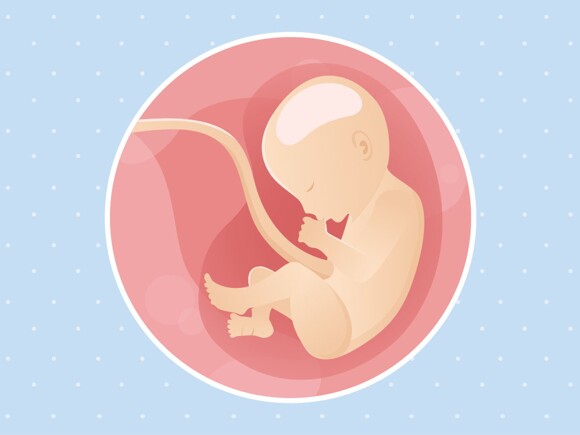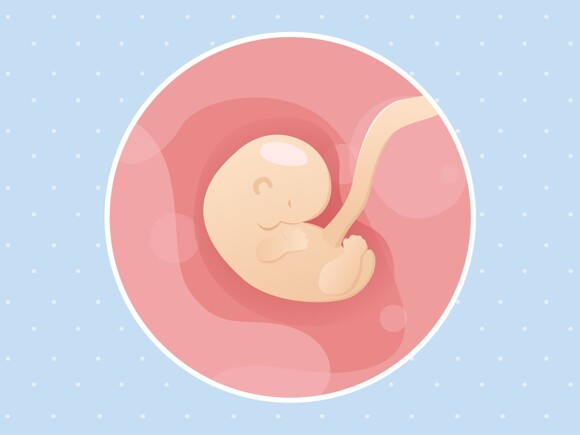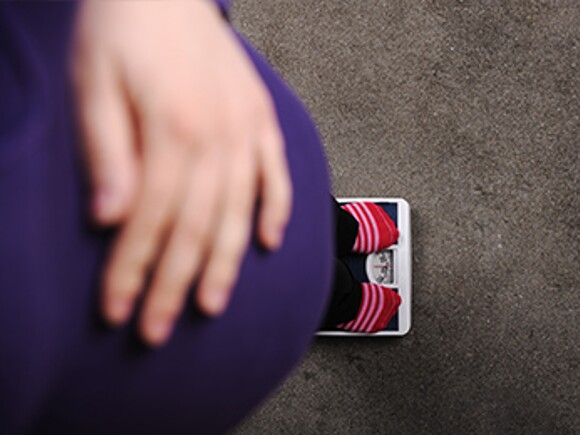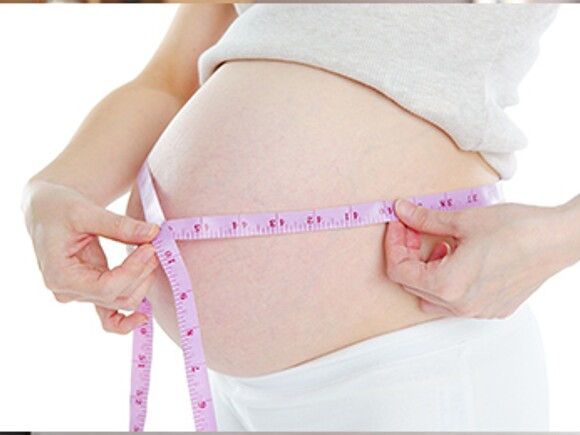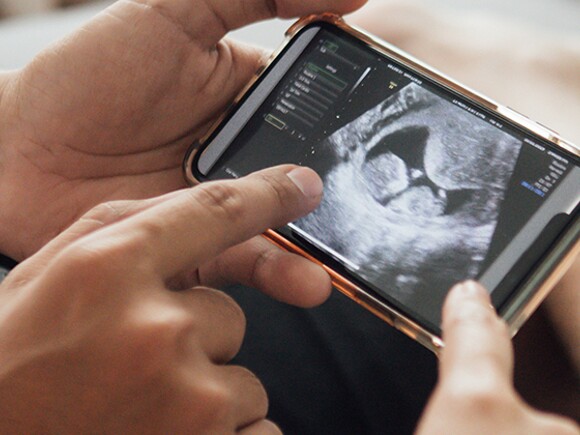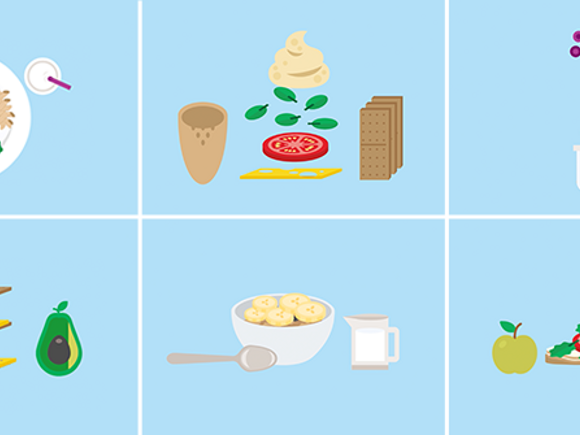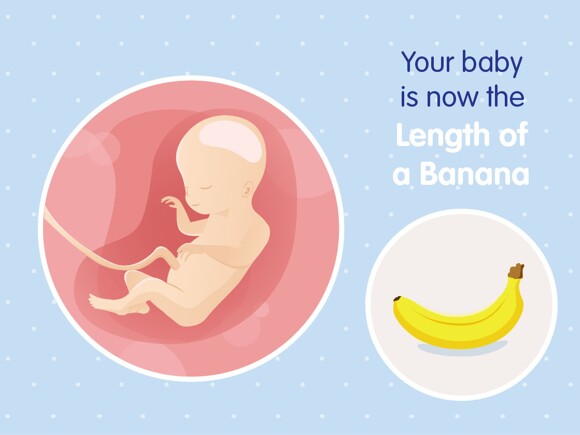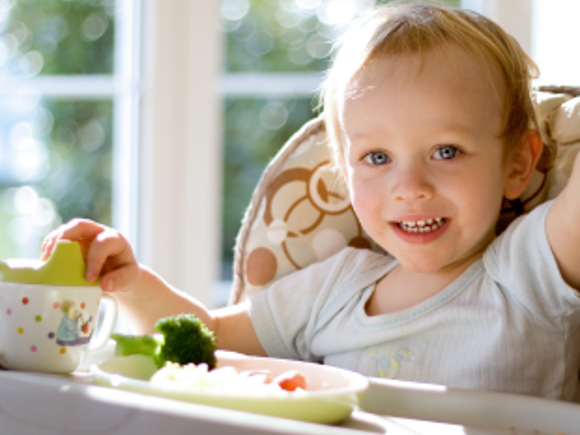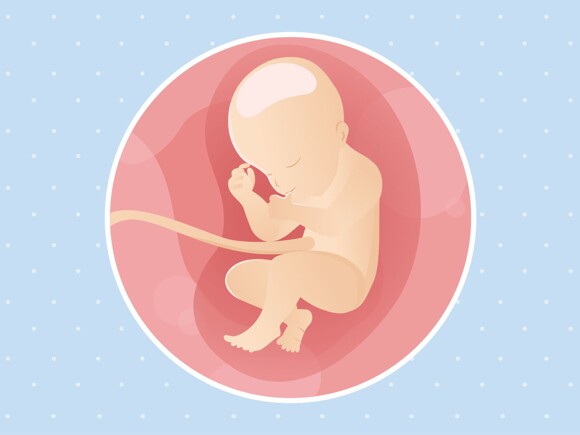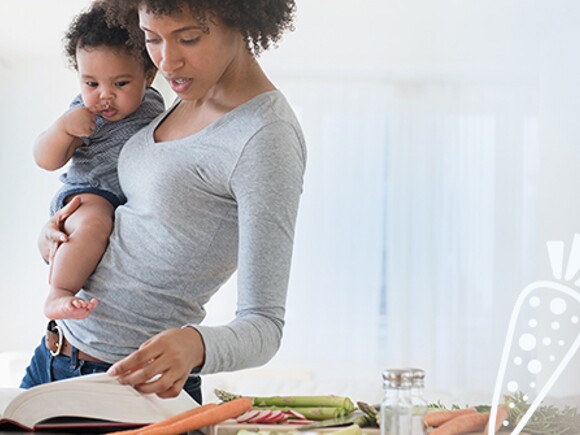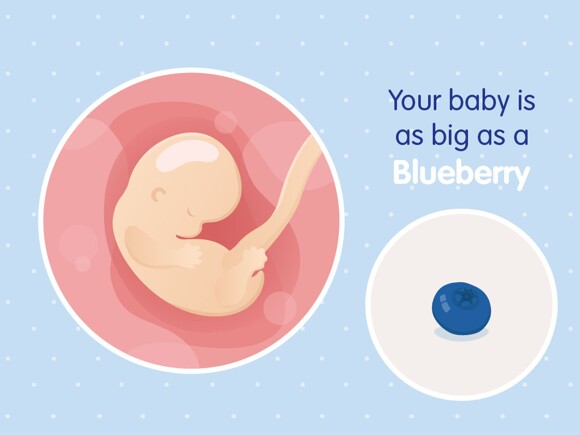Your Appetite During Pregnancy : Cravings and Aversions
Once again: It’s your hormones!
There’s a time in a woman’s life when people have a lot of unfounded beliefs and mistaken ideas to offer: that’s the case when it comes to your diet during your pregnancy. However, irresistible cravings and a desire to eat non-stop generally occur at the start of a pregnancy, at a time when the fetus is only 6 inches long and weighs less than half a pound, so its needs are not as great as what people often think.
With pregnancy come hormonal changes too, with their undercurrent of changing emotions; for some women these can lead to a time of introspection and questioning: Who am I? What kind of mother will I be? Basically, all the legitimate concerns that come with this big change in your life might come up, although they are often mixed up. You will be trying to find a balance between a break with the past and a move towards the future, this is a normal process. Your life will change with the tiny being you are bringing into the world.
Nausea, cravings, extreme hunger: A troublesome trio.
Estrogen changes your sense of taste, and your sense of smell is exaggerated, and that’s without taking into account the nausea you might experience. You shouldn’t be worried by this as it is generally only present in the first trimester. As long as your diet remains varied and balanced, this will not impact your weight gain.
If, on the contrary, you’re worried about your weight, keep track of your eating: How many meals did you eat yesterday? What were they? Were you eating anything between meals? What and how often?
With an adequate, varied and balanced diet you get rid of your body’s unsatisfied needs, which are in theory what cause your ‘pregnancy cravings’.
Solution: 4 meals and 2 snacks.
Try to be realistic, learn about your dietary needs and those of your baby and about what precautions you should take to prevent food poisoning.
As for excessive hunger, this can be attributed to the new way your body is working, making you more sensitive to hypoglycemia. By spreading out your eating throughout the day, you can manage excess hunger pangs and reduce feelings of nausea. Eat four light and balanced meals (breakfast, lunch, dinner and supper), with plenty of carbohydrates and two healthy snacks between meals (at 10am and 4pm). If you need to keep an eye on your calorie intake, you should be careful not to eat too many foods with high levels of fat and sugar.










